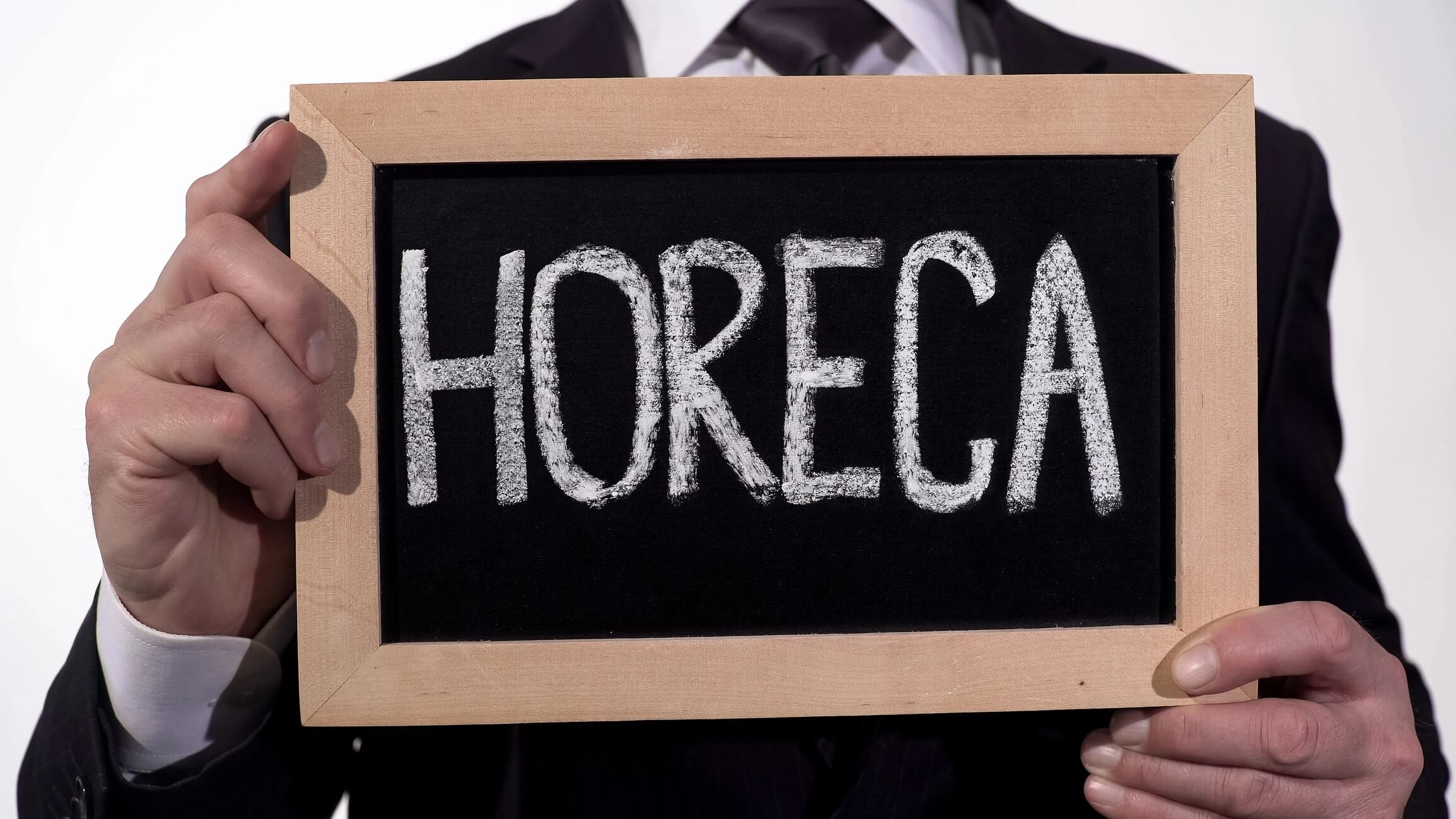Here are more details on the main changes made by the law:

- the initial budget was reduced from 2,5 billion lei to just under 1 billion lei.
- A new deadline has been set for the State to pay aid to HoReCa as compensation for the decrease in activity in 2020, due on 30 June 2022 (before 30 June 2021).
- the money will no longer be granted on the “first come/first served” principle, but the financing will be granted to all applicants. If there are more applications than the budget, each participant will receive an amount less than the 20% percentage applied to the amount by which its turnover decreased 2010/2019.
- State aid for HoReCa will be granted capped at 800.000 euros each, but the total aid received by a firm and other schemes should not exceed 1,8 million euros (the new threshold set by the European Commission in the temporary framework).
- the aid amount will be 20 % of the beneficiary’s activity decrease in 2020 compared to 2019. The basis for calculation will be established in 3 ways for different types of beneficiaries:
- firms reporting turnover will receive 20% of the amount by which turnover fell in 2020 compared to 2019.
- Beneficiaries applying the special scheme for travel agencies under Article 311 of the fiscal Code will receive 20 % of the difference between the volume of invoices issued for services tourism, including margin, for 2019 and volume 2020.
- The beneficiaries who keep the accounts in the simple game, according to Article 1(5) of the accounting Act 82/1991, will receive 20 % of the difference between the regular receipts of the eligible activity for 2019 and those for 2020.
- State aid beneficiaries HoReCa will have to call, at their own expense, CCECCAR accountants or financial auditors in order to be able to apply.
- The basis for the calculation of the aid must be certified and assumed either by an accounting expert or an accounting expert company Member of the Romanian Accountants and licensed Accountants Board (CECCAR) or by a financial auditor or audit firm Member of the Romanian Chamber of Financial Auditors. These experts will be selected and paid by the beneficiaries.
- Another 12th category of beneficiaries is introduced: Tourism guides that have carried out activities under the CAEN 7990 code. The other 11 eligible CAEN codes remain in force as before: Licensed travel agencies carrying out activities under CAEN codes 7911, 7912, 7990, tourist reception facilities with classified accommodation functions, which carry out activities under codes CAEN 5510, 5520, 5530, 5590, catering, Carrying out activities according to CAEN codes 5610, 5621, 5629, 5630.
- The Ministry of economy will draw up a cooperation protocol with ANAF, based on which the turnover of some beneficiaries, selected following the fiscal risk analysis, will be checked at a later stage.
- The companies that will benefit from this aid will have to maintain the activity for which they have received the financing for at least 12 months from the payment date, and 24 months for those who have taken grants of over 200.000 euros, according to the new OUG 10/2021. (The old order stipulated a period of only 6 months)
In very simple terms, the amount to be granted has been halved and the period to grant the money has been increased by one year. The award procedure will be drawn up only in May.
In these circumstances, even if we are talking about a welcome help, it is very likely that it will reach too late and far too little, to those who have been the worst hit by this crisis, namely the HoReCa sector.



